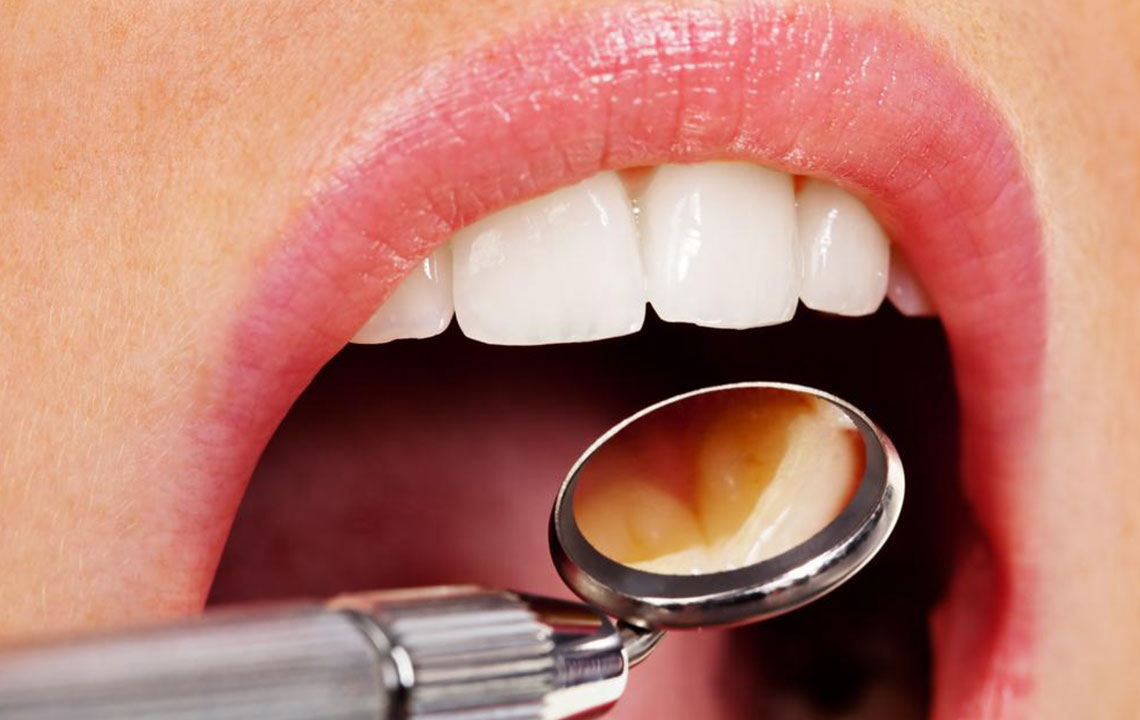Comprehensive Guide to Common Myths and Truths About Dental Implants
This comprehensive guide debunks common myths about dental implants, addressing concerns about care, appearance, cost, pain, and safety. Modern dental technology ensures implants are a safe, natural-looking, and cost-effective solution for missing teeth. Learn the truth to make informed decisions about your oral health and enhance your smile confidently.

Comprehensive Guide to Common Myths and Truths About Dental Implants
Dental implants have revolutionized the field of restorative dentistry, offering a durable and cosmetically pleasing solution for individuals with missing teeth. Despite their widespread success and high satisfaction rates, misconceptions and myths about dental implants continue to circulate, often deterring potential candidates from exploring this effective treatment option. Understanding the facts about dental implants is essential for making informed decisions about your oral health. In this comprehensive guide, we will delve into the most common myths surrounding dental implants, providing factual information backed by modern dental science to help you overcome doubts and consider implants as a viable teeth replacement choice.
Myth 1: Dental Implants Require Special Care Beyond Routine Dental Hygiene
A prevalent misconception is that dental implants demand extraordinary maintenance routines. However, in reality, dental implants do not necessitate any special or complex care beyond standard oral hygiene practices. Patients with implants can continue brushing twice daily with a fluoride toothpaste, flossing regularly, and visiting their dentist for routine check-ups and cleanings. The key is to maintain good oral health to prevent complications such as peri-implantitis, which is an infection around the implant. Using suitable toothbrushes and interdental cleaning tools can help keep both the implant and surrounding tissues healthy. Additionally, avoiding habits like smoking and excessive alcohol consumption can prolong the lifespan of the implant and the health of your gums. Modern dental products designed for implant maintenance further simplify the process, making care as straightforward as caring for natural teeth. Proper hygiene, combined with regular dental visits, ensures that your investment in dental implants remains functional and aesthetically pleasing for many years.
Myth 2: Dental Implants Look Artificial
Many individuals worry that dental implants will look fake or noticeably different from natural teeth. Modern advances in dental prosthetics have made this concern largely obsolete. Dental crowns used with implants are meticulously crafted from high-quality porcelain or ceramic materials that replicate the translucency, color, and texture of natural tooth enamel. These crowns are custom-designed to match the shade and shape of your existing teeth, ensuring a seamless and natural appearance. Skilled cosmetic dentists pay close attention to details such as bite alignment and gum contouring, further enhancing the natural look of implants. The goal is for others to notice your smile, not your dental work. Advances in digital imaging and 3D printing technology allow for precise restorations that look and feel just like your natural teeth. For most people, unless they are looking closely, dental implants blend flawlessly into their smile, providing both aesthetic confidence and functionality.
Myth 3: Dental Implants Are Very Expensive Compared to Alternatives
Cost is often cited as a barrier to choosing dental implants, but this viewpoint overlooks their long-term value. While the initial expense may be higher than dentures or bridges, implants are considered a long-term investment due to their durability and functionality. Unlike removable dentures, which may require frequent replacement or adjustments, implants are designed to last for decades with proper care. They also help preserve jawbone density by preventing bone loss that occurs with missing teeth, which can save money on future dental procedures. Many dental insurance plans offer partial coverage for implants, recognizing their status as a permanent restorative solution. Comparing prices across reputable dental clinics is recommended, but it's equally important to consider the quality of materials used, the dentist’s expertise, and the potential for saving money over time through fewer replacements and repairs. When viewed as a long-term solution for optimal oral health, dental implants often prove to be a cost-effective choice that delivers permanent results and improved quality of life.
Myth 4: The Implant Procedure Is Extremely Painful
The thought of undergoing surgery is naturally intimidating, but advances in anesthesia and sedation techniques have significantly minimized discomfort during dental implant procedures. Most implant surgeries are performed under local anesthesia, ensuring that patients remain pain-free throughout the process. For those with dental anxiety, sedation options such as oral sedation, nitrous oxide, or IV sedation are available to provide relaxation and reassurance. Postoperative discomfort is typically mild and temporary, akin to a minor muscle ache, and can be managed effectively with over-the-counter pain medications prescribed by your dentist. Additionally, tissue healing and osseointegration (the process of the implant fusing with the jawbone) are carefully monitored by dental professionals to prevent complications. Overall, the procedure is well-tolerated by most patients, and the benefits of a stable, functional tooth replacement far outweigh temporary discomforts. Modern techniques and anesthesia protocols have transformed dental implant surgery into a safe, manageable, and minimally painful experience.
Myth 5: Dental Implants Are Unsafe and Risky
Concerns about safety are common when it comes to invasive procedures like dental implants. However, extensive research and clinical experience have established that dental implants are one of the safest methods for tooth replacement. Modern implants are biocompatible and made from titanium or zirconia, materials that are well tolerated by the body. The success rate of dental implants exceeds 95%, reflecting their high reliability when performed by qualified professionals. Proper case selection, advanced imaging techniques, and precise surgical protocols further enhance safety. Complications are rare and usually manageable, such as minor infections or inflammation around the implant site. Regular follow-up care, maintaining excellent oral hygiene, and following your dentist’s recommendations are critical to ensuring implant longevity and safety. As with any medical procedure, choosing an experienced dental surgeon and using high-quality materials significantly reduces risks. When appropriately placed and cared for, dental implants represent a safe, durable, and aesthetically pleasing solution for replacing missing teeth, greatly improving a patient’s oral function and confidence.
In conclusion, understanding the realities behind common myths about dental implants can help individuals make more informed healthcare decisions. Modern dental technology has made implants accessible, safe, and very natural-looking, transforming smiles and lives worldwide. If you are considering dental implants, consult with a qualified dental specialist to explore your options and dispel any doubts rooted in misinformation. Remember, being well-informed is the first step toward achieving optimal dental health and restoring your smile effectively.





